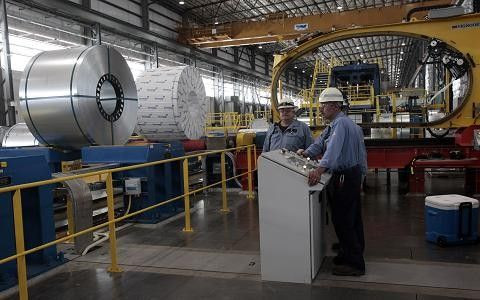Will There Be A Recession In 2020? What Economists Are Saying About The US Economy

A survey released Monday by the National Association For Business Economics (NABE) showed that 38% of economists believe a recession in the U.S. in 2020.
Meanwhile, 34% of economists believe that the possible recession would arrive after the presidential elections, in 2021. Just 2% of economists believe a recession will occur this year.
The organization conducted the same poll earlier this year.
The NABE survey showed in February that 25% of economists polled believe that a recession will occur in 2021, while 42% believe the recession will occur in 2020 and 10% had believed that the recession would occur this year.
The results come as the Dow dropped 800 points last week amid warnings in the bond market called an inverted yield curve. An inverted yield curve occurs when the 10-year treasury note falls below the 2-year rate.
President Trump and his administration went on damage control after the news, as a strong economy is considered crucial for his 2020 re-election bid.
"I'm prepared for everything. I don't think we're having a recession. We're doing tremendously well. Our consumers are rich," Trump told reporters Sunday.
Trump has also claimed on Twitter that the news media is exaggerating concerns of a recession in order to prevent his reelection.
On Sunday morning news shows, Trump economic advisers Peter Navarro and Larry Kudlow both defended Trump's economic policies and his trade war with countries such as China. By September, virtually every Chinese-made good, with a few exceptions, will have been slapped with a 10% to 25% tariff.
Only 5% of economists in the NABE survey believe Trump and China will come to a comprehensive trade agreement.
Trump has often criticized Federal Reserve Chief Jerome Powell, calling him "clueless" for raising interest rates. Some reports have alleged that Trump has thought of firing or demoting Powell, although the Trump administration has denied such allegations.
Powell lowered rates on July 31, due to trade uncertainties and a possible global economic slowdown. Germany, the economic powerhouse of the Eurozone, could be on the brink of recession, while China has seen some of its lowest economic growth in 27 years.
For the second quarter of 2019, the GDP increased by 2.1%, the lowest since the beginning of Trump's term.
© Copyright IBTimes 2024. All rights reserved.





















